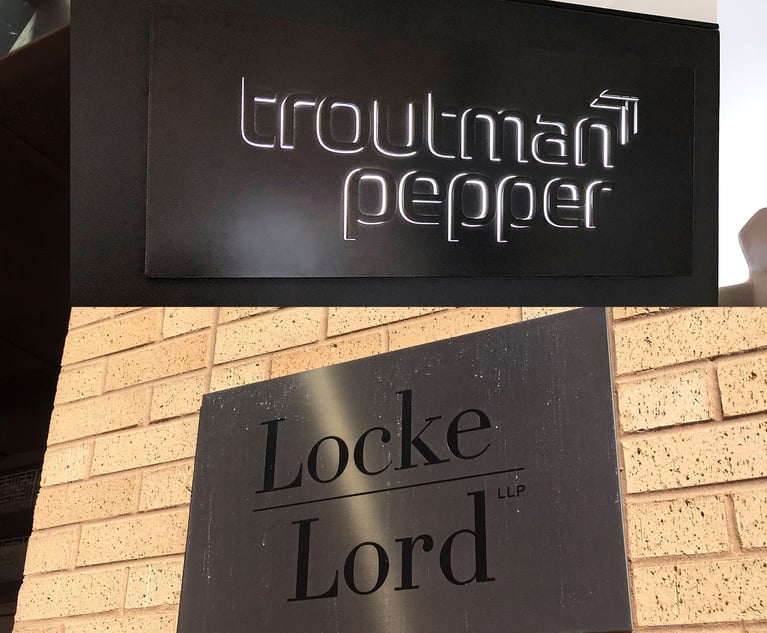The recent catastrophic explosion in Beirut, Lebanon is a tragic but important reminder that companies must comply with safe storage and handling practices for ammonium nitrate (“AN”) and other hazardous chemical compounds. AN is a crystalline solid made from ammonium and nitric acid that is widely used in fertilizers and certain explosives. While generally safe and stable, AN can become a ticking time bomb when improperly stored. Confined storage space, exposure to contaminants and high temperatures, from fire or otherwise, can all cause AN to undergo chemical decomposition sufficient to cause an explosion.
On August 4, 2020, a large quantity of AN stored at the Port of Beirut caught fire and exploded. Years before that explosion, Lebanese authorities confiscated a large quantity of AN from the M.V. Rhosus, a cargo ship abandoned in the port since September 2013. According to early reports, a fire broke out in one of the port’s warehouses, which contained both fireworks and more than 2,750 tons of AN.


 (l-r) Brian Jackson, Andrew F. Gann, Jr., Mitchell D. Diles, and Miles O. Indest, with McGuireWoods. Courtesy Photos
(l-r) Brian Jackson, Andrew F. Gann, Jr., Mitchell D. Diles, and Miles O. Indest, with McGuireWoods. Courtesy Photos




